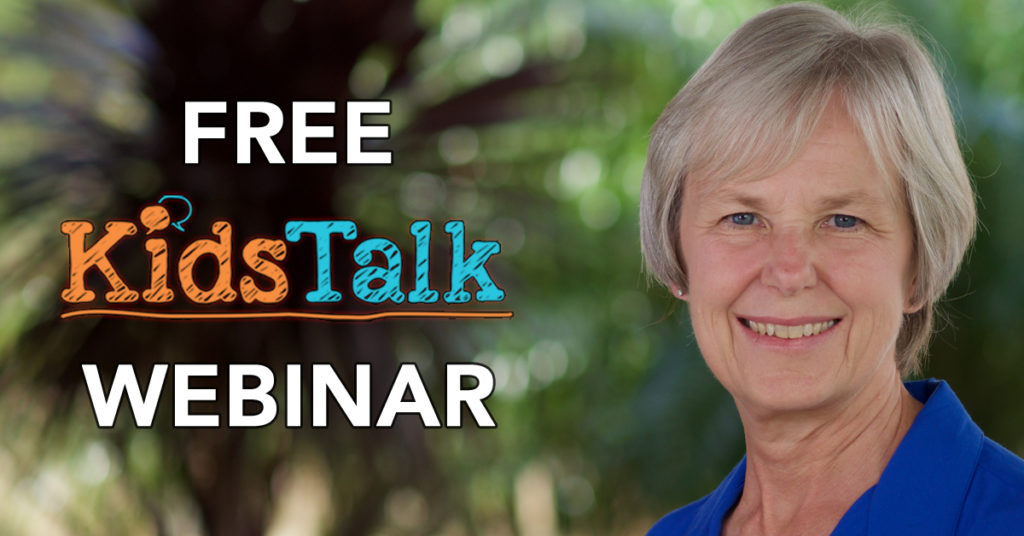
There are four basic types of communication: Reading and writing, listening and speaking.
Most of our days are spent communicating in some form or the other.
Our school days are filled with learning to become better readers and writers, but how much time do we spend in learning to become more effective listeners to understand another person?
Listening for understanding is called empathic listening.
There are many pitfalls to empathic listening because of one basic situation: Our ego gets in the way and blocks communication.
Someone comes to us with a problem. For most of us, we talk instead of listen.
In communicating, too often we do all the talking, and miss seeing from the other person’s point of view. We miss the opportunity to understand the other person’s behavior, needs and emotions.
There are many traps to empathic listening. How can we recognize a listening trap?
Be aware of the following:
- Offering advice
- Giving your opinion
- Telling a story of how you went through a situation that was even worse
- Blaming
- Insulting
- Criticizing
- Punishing
- Judging
- Diagnosing, or
- Interjecting your own needs, emotions and values into the scenario.
When we neglect to listen in order to understand behavior, needs and emotions, we block an opportunity to support the other person’s self-awareness.
After attempts of blocked communication, our speaker may stop trying to communicate with us, or may use disruptive or passive-aggressive methods to communicate needs.
A key technique to help avoid these traps of listening is straightforward: Only ask questions.
As a listener we need to:
- Be calm enough to hear and to process what we are being told.
- Realize we don’t own the problem (at least not at the time of our listening).
- Refrain from advising or defending our point of view.
- Provide a safe environment for the speaker.
- Seek to understand, and
- Ask questions to clarify our perceptions.
Only ask questions is a technique to help us avoid the traps of listening.
Asking question after question with only the goal to understand needs, emotions and behavior helps us do something else.
As we sit kindly and patiently waiting for each answer, guess what happens?
We create a safe environment for the speaker and build trust in the relationship.
An only ask questions session might go something like this:
How is your first month on the job going? Any frustrations? Anything you would like help with?
Well, it’s going okay. I’m feeling more comfortable working with the children but I’m not sure that this is the right kind of job for me.
Not the right job? What makes you say that it’s not the right job?
I don’t feel that I’m making a difference, and that’s important to me.
What type of difference do you want to make?
I want to help children learn to read and more than that I want children to love to read. I want to make sure that every child I work with loves to read.
How do you think you could learn to do that?
Learn to teach children to read? I guess I could take some courses at the University but some of my friends have education degrees and they don’t know how to teach reading.
Who do you know that teaches children to love to read?
Do you see how the listener is using questions to draw out the emotions, needs and behaviors of the speaker? Ego takes a back seat in this conversation.
Put This Into Action
In casual conversation, when there is no issue at hand, practice this only ask questions technique.
Thinking of yourself as an impartial television interviewer may help you from falling into the listening traps.
Practice this only ask question technique everyday with your children, spouse or friends.
That way when you really, really need it, this tool will be ready for you to put into action.
Further reading, 7 Habits Of Highly Effective People, pages 236 to 260.



This article is brilliant! I can clearly see what approach i have been using and how i can improve my communication. I particularly like the example of what it looks like when one is an empathic listener. i love how the teacher could easily arrive at the fact that she already has the answers she seeks, bulding her confidence to help herself with other issues.